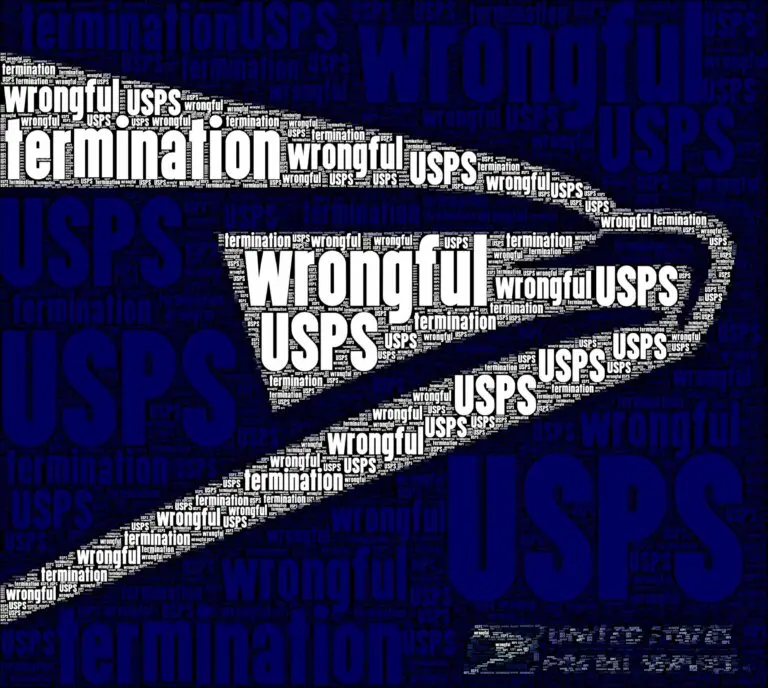In a precedent setting decision, the Merit Systems Protection Board gave new hope to federal employees who were wrongfully terminated because they required a modified duty assignment to accommodate a compensable injury. The Merit Systems Protection Board ruled that it has jurisdiction to hear restoration appeals when a denial of restoration is in violation of agency-specific restoration rules.
In the case of Latham, et al. v. USPS, five federal employees appealed to the Board after they were removed from their limited duty assignments with the United States Post Office under the National Reassessment Process. In each case, the Postal Service stated that no operationally necessary tasks were available within the confines of each federal employee’s medical restrictions. The Postal Service instructed the employees not to return to work until they received notice that such work was available. On appeal, each federal employee claimed that the Agency committed disability discrimination in eliminating their limited duty assignments. Particularly, as the tasks they were performing continued to be completed by overly taxed non-disabled employees. Furthermore, they argued that in eliminating these positions the Agency was in violation of its own Employee and Labor Relations Manual as well as other various personnel practices.
For the Board to have jurisdiction over a restoration appeal the Appellant must be able to prove:
- He was absent from his position due to a compensable injury;
- He recovered sufficiently to return to duty on a part-time basis or to return to work in a position with less demanding physical requirements than those previously required of him;
- The agency denied his request for restoration; and
- The denial was arbitrary and capricious because of the Agency’s failure to perform its obligations under 5 C.F.R. § 353.301(d).
On appeal, the Postal Service argued that OPM’s regulations regarding restoration to individuals who had partially recovered were invalid on the grounds that: (1) The statute authorizing OPM to issue the regulations, 5 U.S.C. § 8151(b), provides restoration rights only to fully recovered individuals; and (2) the statute provides only for restoration to work that comprises the essential functions of an established position. The Merit Systems Protection Board noted that in its own Employee and Labor Relations Manual the United States Postal Service agreed to restore partially recovered individuals to duty in whatever tasks are available, regardless of whether those tasks comprise the essential functions of an established position.
Finding that the issue on appeal centered on an interpretation of a OPM regulation, the Merit Systems Protection Board asked the OPM for an advisory opinion as to whether or not an agency acts arbitrarily and capriciously in violating the agency’s own internal rules in denying restoration to a partially recovered individual. In their advisory opinion the OPM stated that the phrase “at a minimum” in 5 C.F.R. § 353.301(d) anticipates that an agency may adopt additional agency-specific requirements pertaining to the restoration of partially recovered individuals and that the regulation requires “compliance with an agency’s own rules as well as the provisions of OPM regulation, at least where they confer additional protections or benefits on the employee.”
The Merit Systems Protection Board agreed.
The Board held that the Agency has a legal obligation to enforce its own restoration regulations even if they are above and beyond the “minimum” requirements by statue. This is not to say that every federal employee within the United States Postal Service who is terminated from a modified assignment is entitled to appeal to the Merit Systems Protection Board for reinstatement.
In light of the complexities inherent to litigation, it may be best to consult with an attorney experienced in federal employment and Merit Systems Protection Board procedure to evaluate your claim for reinstatement against the Postal Service.


